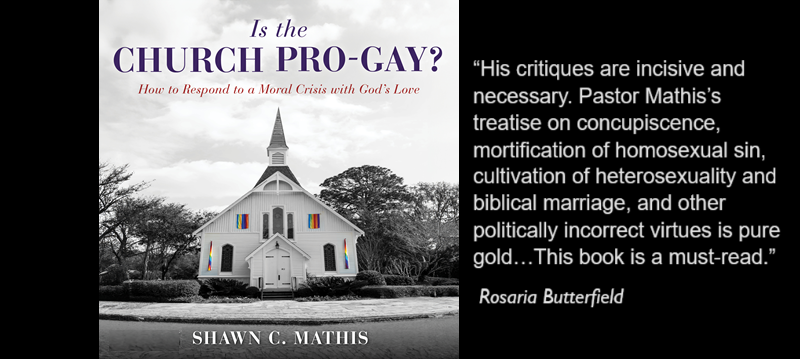
“The first one to plead his cause seems right, until his neighbor comes and examines him.” Proverbs 18:17
It is not uncommon among conservatives to view the past through the prejudices of the present. David Barton’s poorly researched book on Jefferson is a reminder that the problem is real. This means conservatives should be vigilant in vetting organizations that claim history is on their side.
Consider the National Center for Family Integrated Churches (NCFIC). They denounce age-segregated discipleship, like Sunday schools. It is clear that their president, Scott Brown, believes history is on his side:
“What we advocate at the NCFIC is nothing new, but is rather the practice of historic Christianity…”
The NCFIC will be in the Denver area in about a week, seeking feedback about their confession, hoping to entice more conservative churches into their orbit. Do they practice good research?
Consider Scott’s book, A Weed in the Church, the flagship book of the NCFIC, in which there is an entire chapter on the history of Sunday school. Or rather, there is an entire chapter omitting the full history of Sunday school. Calvin’s Sunday catechetical instruction for children, the Scottish practice of the same through the 1600s and similar New England Puritan practices are missing in his book (but not missing in my book).
Then there are the bald-faced claims. Matthew Henry and Jonathan Edwards are some of his “favorite family integrated church pastors” according to one blog posting. Yet Matthew Henry was instrumental in the formation of youth conferences, catechized the church children on Saturdays, and age-segregated his own children at home for catechizing. Edwards commended the various age-segregated prayer meetings and age-segregated children for Sunday instruction to offer “some counsels proper for their age,” and thought it “profitable” for young women to meet together for prayer and fellowship.
At one conference (2013 Mega History Conference), Scott recounted stories about the Mathers of early America. He explained that “Richard’s father almost sent his son to be educated by a group of [Roman] Catholic merchants” but “the tide turned” and it was not to be.
But he conveniently left out a key point in this story of Richard Mather’s father: the diary explicitly praises God for using Richard’s teacher to convince his father to keep him in school. And he never mentioned Cotton Mather’s endorsement of schools.
Lastly, there is the flagrant misquote in the historically-deficient movie, Divided. The NCFIC believed it had a historical ace-in-the-hole with a quote denigrating Sunday school from a Scottish Presbyterian. But the only evidence the quote offered is perhaps the strained gerrymandering efforts of an organization desperate to legitimize itself.
The Scottish minister was not against Sunday school per se. He was against a redundant educational system in competition with the existing Scottish paraochial school system.
These gross historical oversights (and there are more) demonstrate why such a movement should not be promoted. And it highlights a chronic weakness: a lack of substantive historical evidence.
More importantly, it means that however much the movement stands for good things (and it does), it undermines its credibility with such slipshod research. We do not want liberal teachers rewriting early American history with their prejudices. And we should not want conservative leaders doing the same.






I would really appreciate if you were able to provide some more detail, especially about the line regarding puritan sunday Catechism etc.
Thanks for an interesting read.
Certainly here. And here for more educational history.